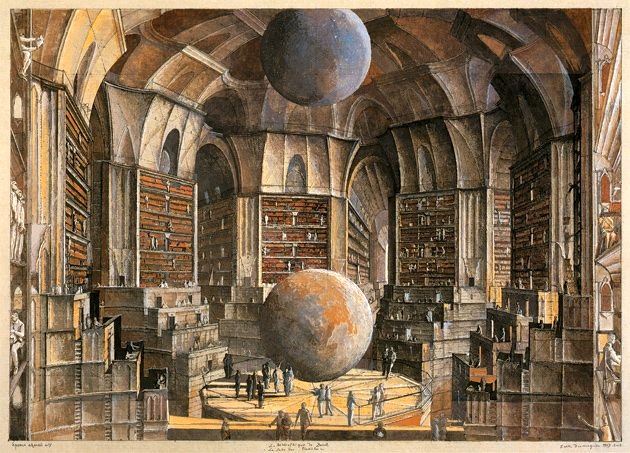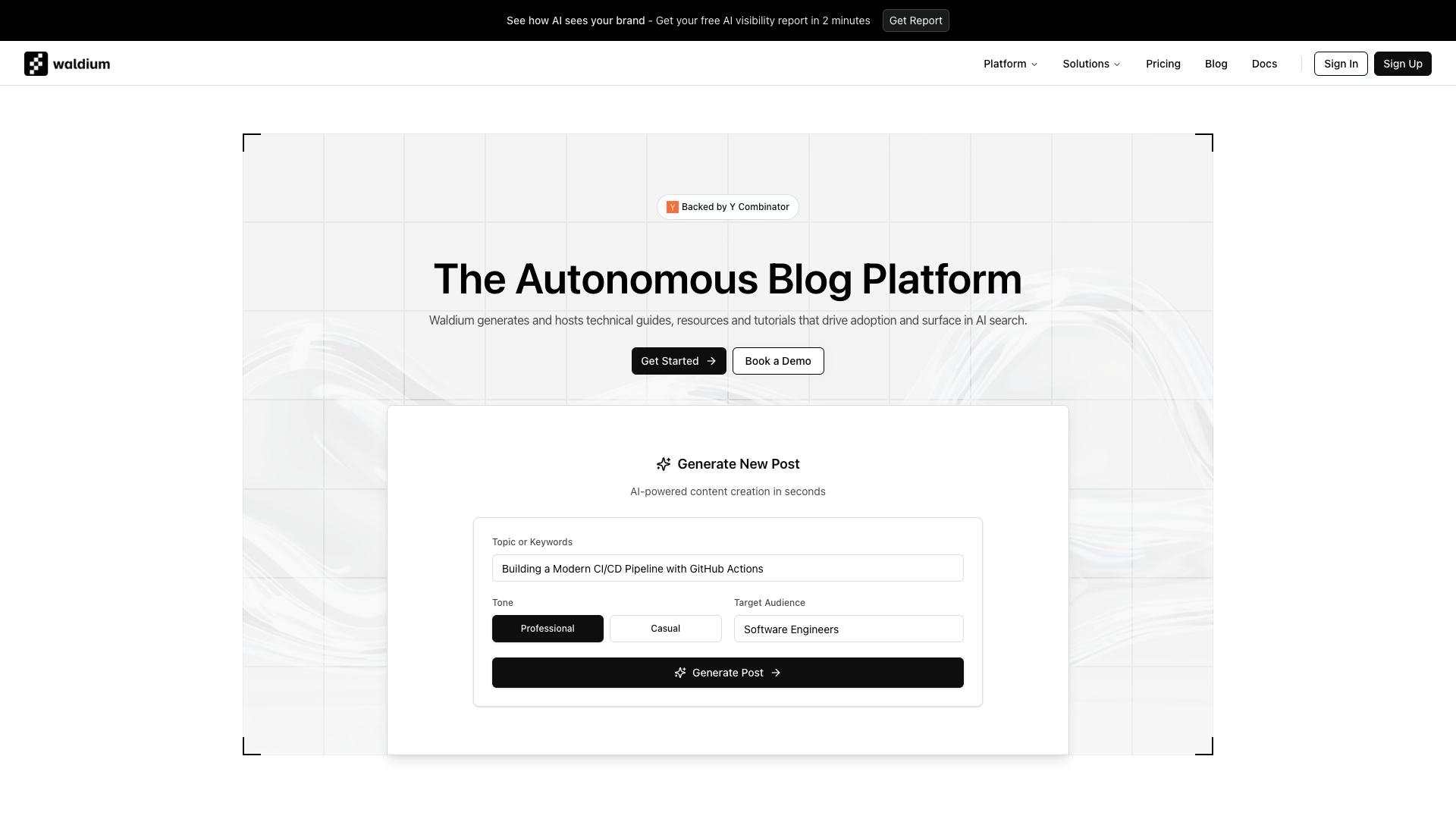In 1941, Jorge Luis Borges imagined a place called the Library of Babel (https://libraryofbabel.info/). It was a universe sized library that contained every possible book. Every combination of letters. Every sentence that could be written. Hidden on its shelves were true histories, false histories, perfect explanations, total nonsense, and infinite variations of all of them. The library held everything, which meant it was also useless.
Without a way to separate meaning from gibberish, the librarians wandered without end. Today we are closer to that vision than Borges ever imagined. AI can generate infinite text in seconds. Social and corporate systems overflow with messages, notes, and documents. Information is abundant, but meaning is scarce. Abundance without curation is just noise.
The Paradox of Everything
This leads to the central paradox. If you have everything, you effectively have nothing. The answers exist, but so do infinite falsehoods, infinite near-misses, infinite gibberish. The librarians in Borges’ story wander in despair, knowing the knowledge is there but buried beyond reach. The Library of Babel is entropy given physical form. It is the triumph of possibility over sense.
Why the Idea Feels Modern
When Borges wrote his story, he could not have imagined the internet, let alone AI. Yet his library feels like a prophecy. The web is full of infinite pages, many of which say the same thing with small variations. AI can generate endless reports, essays, and stories at the push of a button. We already live in a world where producing content is trivial. The problem is not creation but discrimination. Our phones, inboxes, and feeds mimic the library. They hold everything, but retrieving the one item we need is always harder than expected. Signal is always drowned by noise. In Borges’ library, the librarians suffer this paralysis at the extreme. Every page might contain something true, but it is indistinguishable from everything false. It is the worst possible case of information overload.
Information vs. Meaning
Information theory gives us another way to look at this. Claude Shannon defined information in terms of uncertainty, but not meaning. A random string can have maximum entropy yet say nothing useful. Meaning requires context, filtering, and curation. Borges’ library has infinite entropy but zero meaning for its readers. The same risk applies to brands. Infinite content output without design is indistinguishable from noise.
Waldium’s Philosophy
For businesses, the Library of Babel is not an allegory. It is the day-to-day reality of modern content marketing. Every blog post, whitepaper, tutorial, or case study that a company produces joins what is effectively an infinite corpus. The probability that any single artifact rises above the noise approaches zero. Not because the content is poorly written, but because in a Babel-scale system, even valuable information becomes statistically invisible unless it is shaped for discovery.
Every day, companies publish blog posts, whitepapers, tutorials, and case studies that join an already infinite archive of text. Most of it will never be seen. Not because it is poorly written, but because in today's content ecosystem, even useful information is statistically indistinguishable from noise unless it is constrained, structured, and positioned. In a world where the generation of text has become trivial, survival depends not on producing more books for the library but on engineering the ones that can be found.
Closing thought
Borges wrote the Library of Babel as a metaphor. In 2025 it reads like a product spec for the internet and for our internal systems. We already live inside Babel. The goal is not to create more. The goal is to curate better, measure often, and ship maps that people can use.


